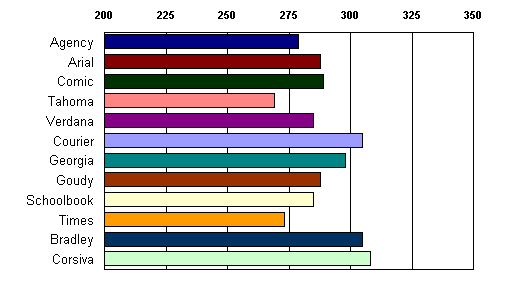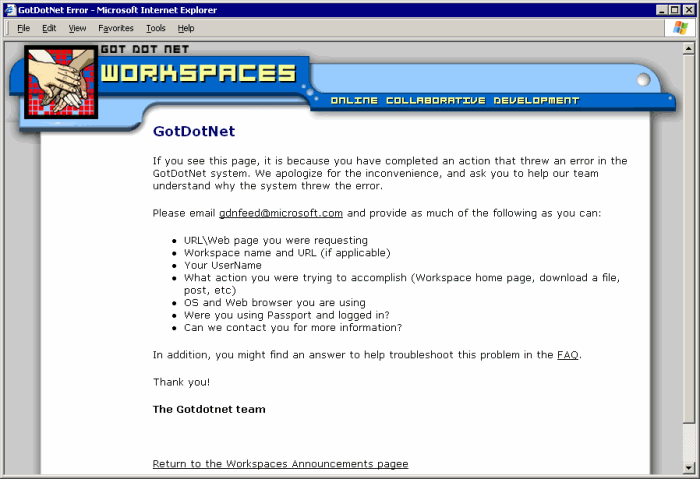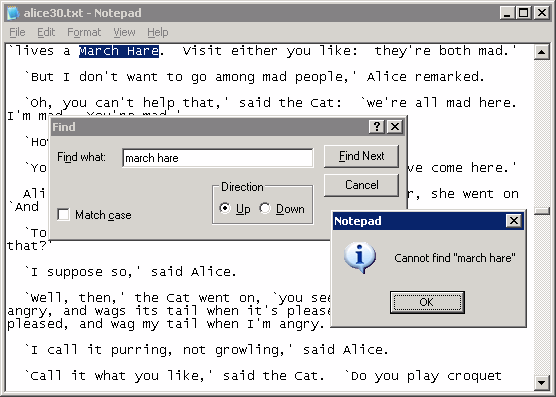case sensitivity
The Case For Case Insensitivity
One of the most pernicious problems with C-based languages is that they’re case-sensitive. While this decision may have made sense in 1972 when the language was created, one wonders why the sins of Kernighan and Ritchie have been blindly perpetuated for the last thirty-three years. I realize this is










